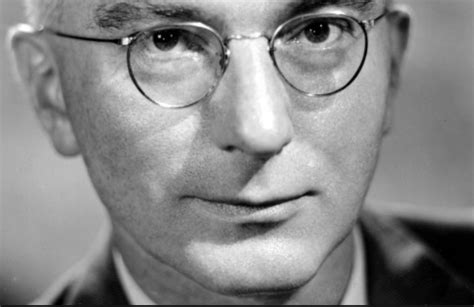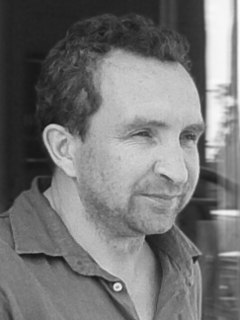A Quote by Karl Jaspers
As a universal history of philosophy, the history of philosophy must become one great unity.
Quote Topics
Related Quotes
I am opposing it with an idea of the history of philosophy as a history of philosophers, that is, a history of mortal, fragile and limited creatures like you and I. I am against the idea of clean, clearly distinct epochs in the history of philosophy or indeed in anything else. I think that history is always messy, contingent, plural and material. I am against the constant revenge of idealism in how we think about history.
Music expresses feeling, that is to say, gives shape and habitation to feeling, not in space but in time. To the extent that music has a history that is more than a history of its formal evolution, our feelings must have a history too. Perhaps certain qualities of feeling that found expression in music can be recorded by being notated on paper, have become so remote that we can no longer inhabit them as feelings, can get a grasp of them only after long training in the history and philosophy of music, the philosophical history of music, the history of music as a history of the feeling soul.
Oddly, since by now I've written quite a lot on early modern philosophers, I didn't care for the history of philosophy, which I thought dull and obscure, until I got a minor job writing articles for a children's encyclopedia in the history of science and began to make connections between science and philosophy.
The constancies and equivalences adumbrated work havoc with such settled topical blocks as myth and philosophy, natural reason and revelation, philosophy and religion, or the Orient with its cyclical time and Christianity with its linear history. And what is modem about the modem mind, one may ask, if Hegel, Comte, or Marx, in order to create an image of history that will support their ideological imperialism, still use the same techniques for distorting the reality of history as their Sumerian predecessors?
The sublime can only be found in the great subjects. Poetry, history and philosophy all have the same object, and a very great object-Man and Nature. Philosophy describes and depicts Nature. Poetry paints and embellishes it. It also paints men, it aggrandizes them, it exaggerates them, it creates heroes and gods. History only depicts man, and paints him such as he is.
... if, as women, we accept a philosophy of history that asserts that women are by definition assimilated into the male universal,that we can understand our past through a male lens--if we are unaware that women even have a history--we live our lives similarly unanchored, drifting in response to a veering wind of myth and bias.






































